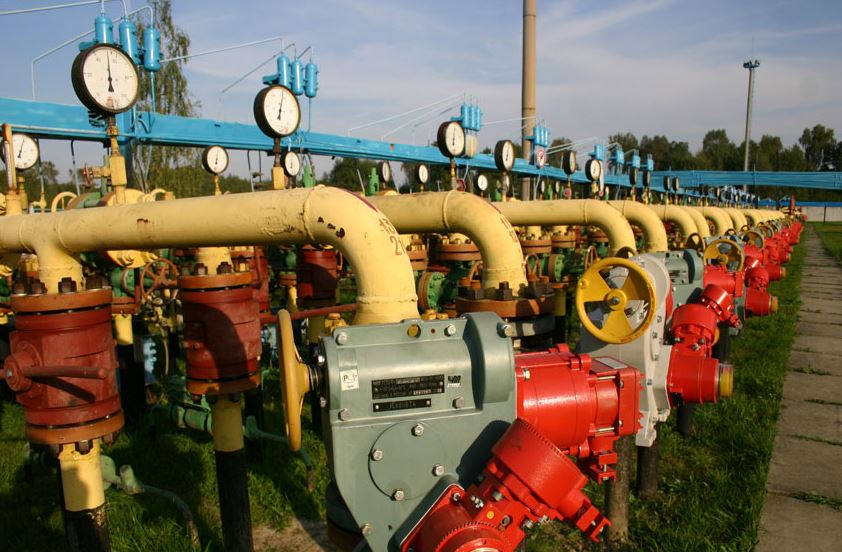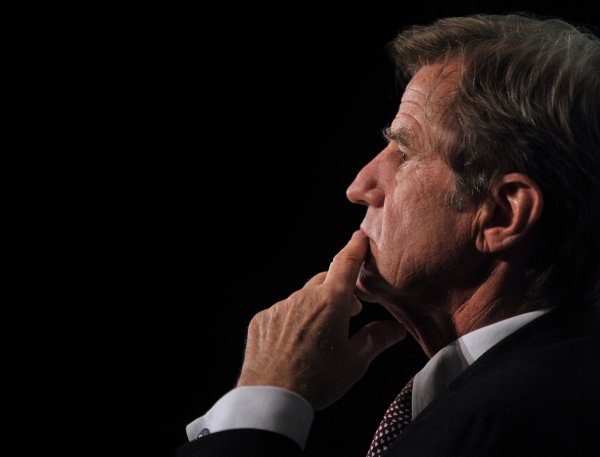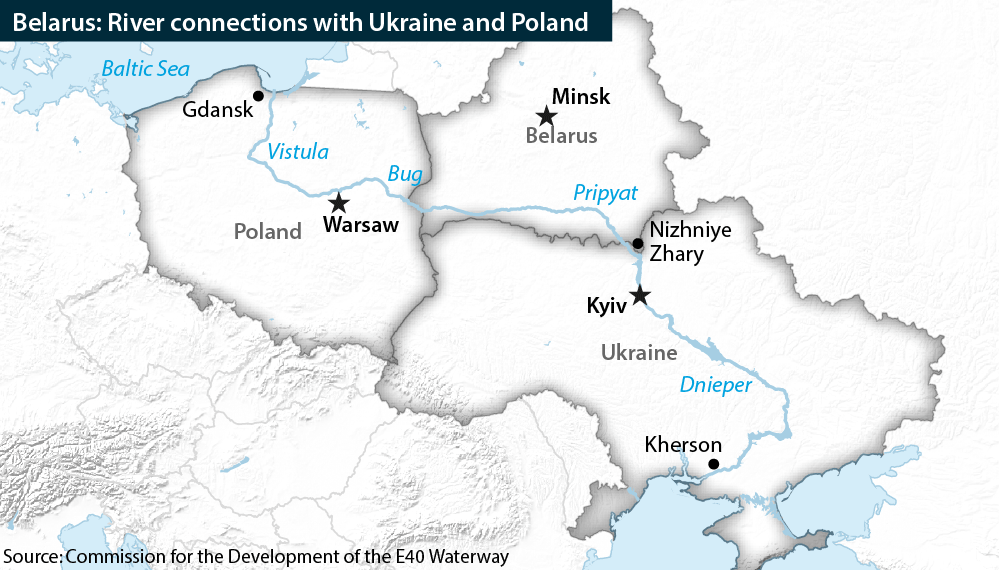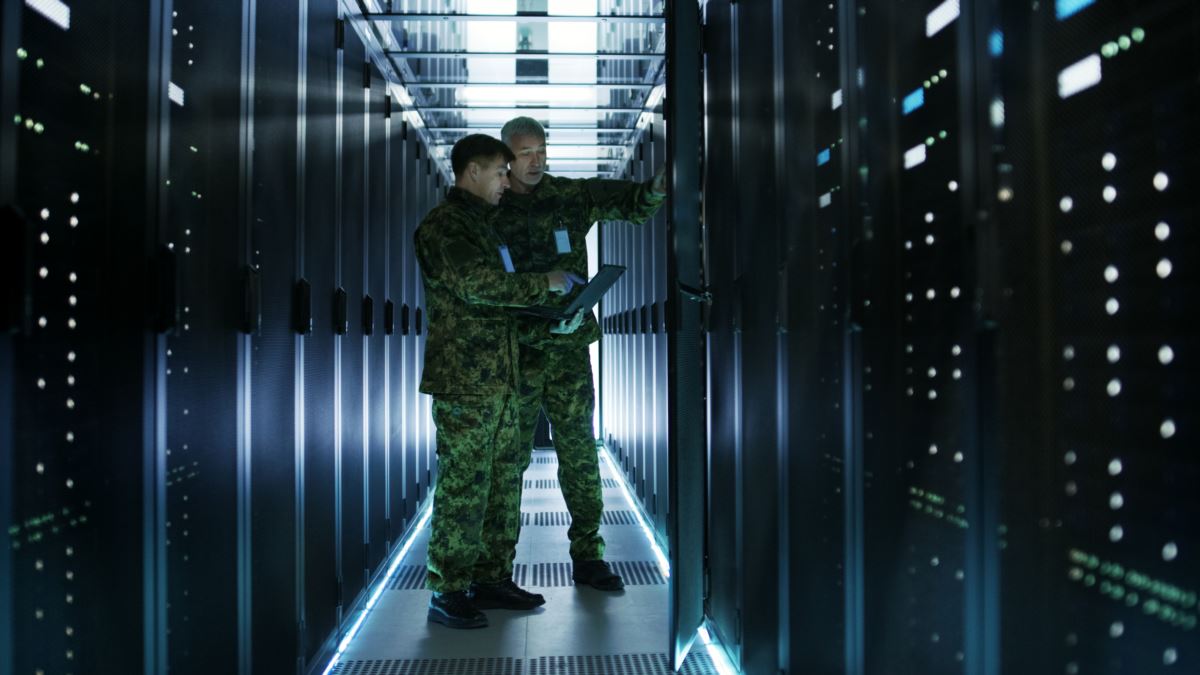A wise man learns from the mistakes of others.
In its gas relations with Russia, Ukraine has made many mistakes, and so today it is in the unenviable position of being able to warn its friends and partners of similar Russian “traps” in the global energy arena.
Russian fairy tales. Lessons for Europe from Ukraine’s history is a first-hand story about how Russia uses natural gas to achieve its political goals in Ukraine. The publication demonstrates to European readers how Russia misleads Europe by reassuring its partners with empty verbal promises, lulling them into a false sense of security, and then violating agreements and guarantees at the last moment.
The story began long before the 2009 gas crisis and the 2014 war in the Donbas. While European Union policymakers worked on making energy security one of their top priorities by developing and adopting the Third Energy Package, Ukraine-Russia relations remained traditionally linked to natural gas, a key component of their long-standing relationship. Gas relations between Ukraine and Russia have always been based largely on trust and personal ties, and such ties remained strong even after the collapse of the Soviet Union.
However, over the years, Russia continued implementing measures that gradually strained relations between the two countries. The Kremlin began using gas as a tool to achieve its political goals in Ukraine. This is not just about “evil” Russia, because the situation that led to the gas crises of 2009, 2014, and 2018 was created by many people in both countries, i.e. people interested in personal enrichment, retention of power, or people with certain ideological convictions. Such individuals can be found everywhere, even in the EU, so this is not just a “Ukrainian story”. The only question is how effectively a country’s political system can prevent such individuals from shaping the political agenda or influencing important decisions.
Therefore, having lived through numerous losses and gains in its energy battles with Russia, Ukraine can explain where and how Russia sets such “traps” in the global energy field. You may think that this statement is an exaggeration, but this is exactly what Kremlin officials would like you to believe, and this is exactly what Ukrainians believed until 2014 when the “little green men” suddenly appeared in Crimea. The cost has been enormous, but in the end, history has taught Ukraine that when dealing with Russia, one should expect the worst-case scenario.
DiXi Group analysts also point to other lessons that Ukraine has learned from its century-long relations with Russia and that Europe should take into account.
Diversification is a must

As Ukraine’s economy is critically dependent on the resources provided by Gazprom, a Russian state monopoly, the Kremlin can effectively manipulate Ukraine’s leadership by forcing it to make a difficult choice at the worst possible moment: political compromise or significant economic losses. At different times in its history, Ukraine was forced to postpone its plans to join NATO and the signing of the Association Agreement with the EU.
EU rules and policies matter
European legislation requires the diversification of supply sources and supply routes. Nord Stream-2 is perhaps the clearest example of a breach of these principles, not only because of Russia’s increased share in the European market but also because, if launched, Gazprom will be both a supplier and a transmission system operator.
Gas prices are misleading
Gas prices constitute the easiest and most effective way to manipulate companies, which, in turn, can put pressure on their respective governments. In the case of Europe, as in Ukraine, entire industries sometimes depend on Russian natural gas. Thus, they have a critical impact on their countries’ policies. For example, Russia granted Ukraine substantial concessions on gas prices in return for a 26-year extension on the lease of the Black Sea Fleet based in Crimea (2017-2042). In 2012-2013, Russia used favorable gas prices as an effective argument to counter Ukraine’s signing of the Association Agreement with the EU. Throughout 2014, Russia also put pressure on the newly elected pro-European government in Ukraine by randomly cutting off gas supplies.
Decisions must be taken independently
Throughout the entire history of Russia’s relations with Ukraine, the former has consistently maintained direct ties with Ukrainian political and business elites, encouraging and supporting their ambitions for commercial or political benefits within their country. The lustration process showed us that “authorized” people could be found at all levels, working with the president, the prime minister, and in law enforcement agencies.
As for the EU, pro-Russian leaders heading influential parties and even radical governments are now a common sight in the European political arena. Of course, the Kremlin is not behind every such case, but there is a danger that both the EU member states and Brussels (EU headquarters) might become increasingly weakened.
Europe must speak with one voice
Throughout its history, Russian diplomacy has consistently applied the principle of “divide and rule”. Russia strives to drive a wedge between allied partners and eliminate so-called “outside” parties in negotiations. For this reason, Russia is very upset about the idea of a common (unified) voice in the EU’s energy policy. Russia accommodates priorities for “favored” countries (Italy and Germany), excluding such “disfavoured” countries as Denmark, Norway, and Sweden.
In particular, it has been clear from the very beginning that Nord Stream-2 will divide EU members into supporters and opponents. However, a European energy policy cannot and should not tolerate such disagreement.
The DiXi Group is solely responsible for the content of this publication. The content may not necessarily reflect the views or policies of the International Renaissance Foundation or the Open Society Foundation.
Related:
- Time to stop Nord Stream 2 now: open letter by Ukrainian politicians, leaders
- Mitigating the Nord Stream 2 impact on Ukraine
- Biden may lose ability to play around with Nord Stream sanctions: interview with Lana Zerkal
- Everything you wanted to know about Nord Stream 2 but were afraid to ask





